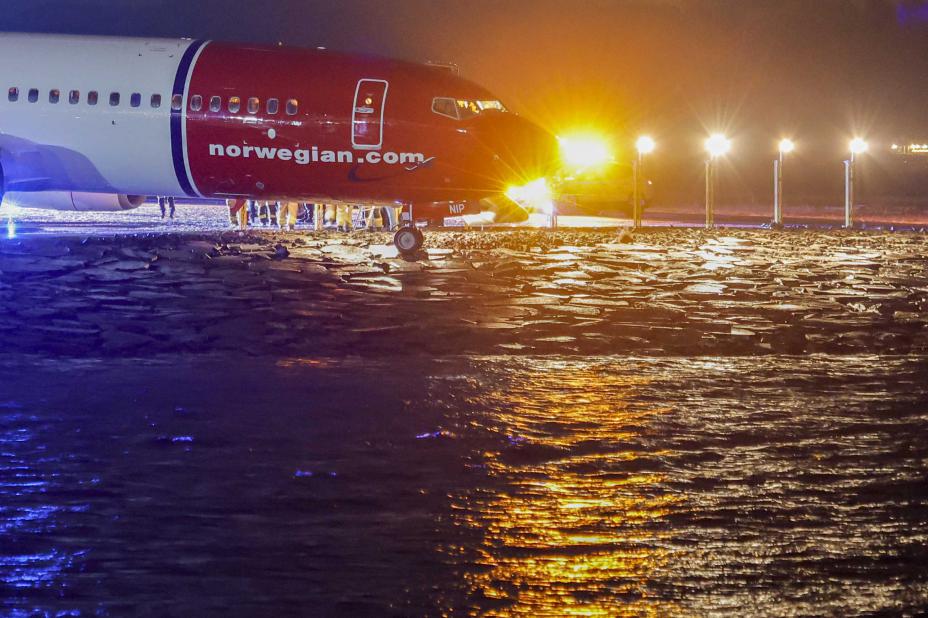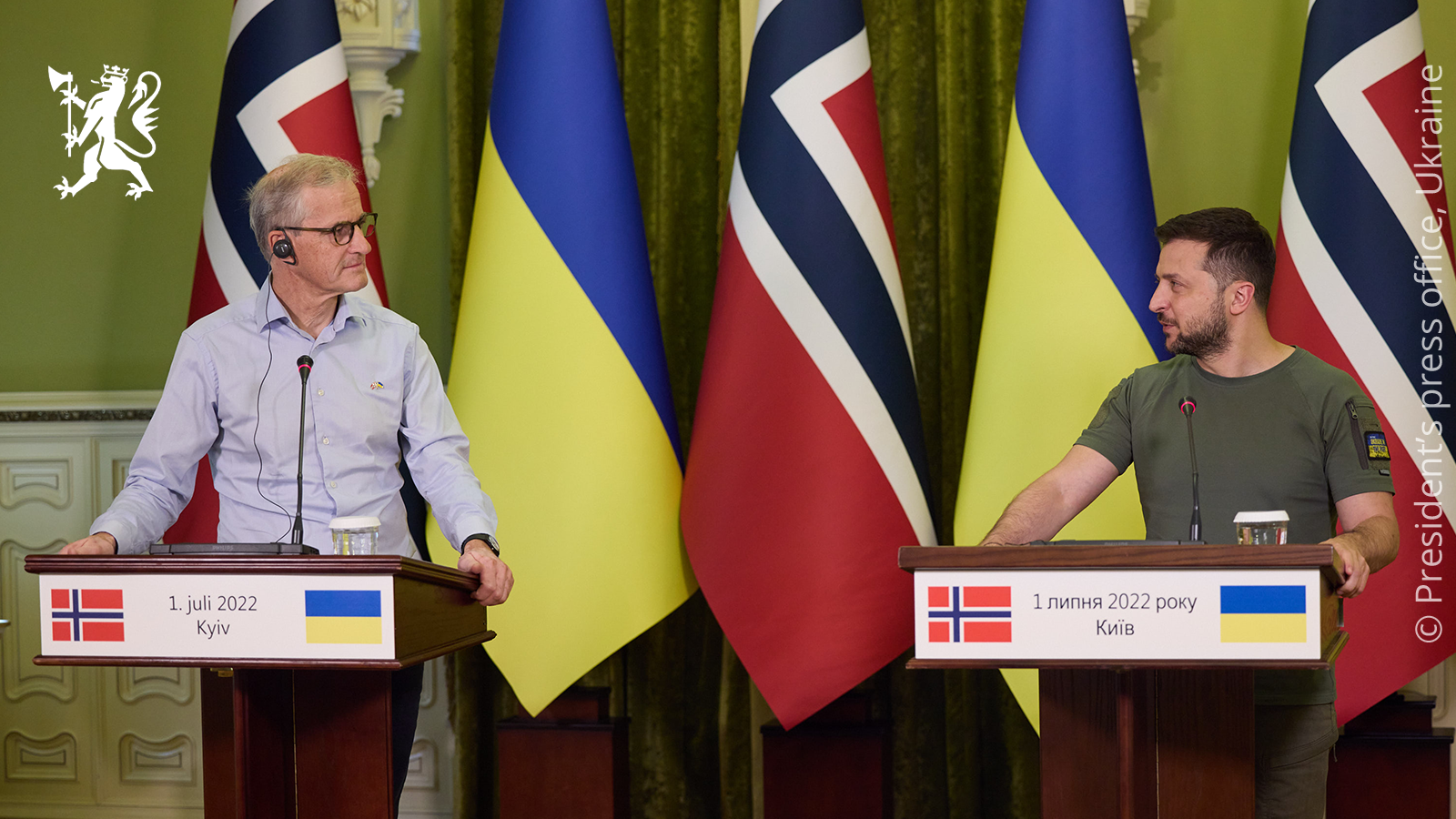Horoscope
Plan for 26-hour days so people have time to ‘be with family’ in Norway

NORWAY has revealed a bizarre plan for 26-HOUR days so people can have more time to be with their loved ones or learn a new language.
It would see clocks go up to 13 instead of 12 in the country’s Arctic north in a push to attract more people to the Russia-neighbouring region.
The mayor of the remote town of Vadso, in Finnmark County, was in charge of sending the proposal to the European Commission.
Wenche Pedersen urged the commission to enable Norway to establish a time zone with days lasting 26 hours rather than 24.
She explained that a 26-hour day would give people more time to take part in “activities such as fishing, hunting, learning new languages, or simply being with loved ones”.
“Through our ‘MOREtime’ project, we aim to celebrate and promote this unique way of life,” the town of Vadso said in a letter.
Pedersen told Politico: “What is the good thing about living here? It’s the time.
“We don’t run after the buses or after the trains or have to take a long time to travel to work and so on.
“We are very satisfied with living in a part of Norway where we have more time to be with our friends, with our family and together.
Pedersen claims that the area has had trouble drawing in new citizens, so by highlighting the distinctive qualities of the community, the mayor hopes to alter this.
She added that longer days in Vadso, located near the Russian border, will attract people to settle in the remote region, which Pedersen believes is now “more crucial than ever” given Russia’s war in Ukraine.
“We like our lifestyle and we think that could be very exciting, especially for families with small children,” Pedersen said.
“I think it’s a more calm and better everyday life than for example in a big city.”
But when asked how would the new time zone work in practice, the mayor did not sound too confident.
She said: “We haven’t thought a lot about that.
“The clock will go from 12 to 13… and we have to see how this will go. I don’t think they’re going to say yes so we haven’t thought about all the details.”
Norway is a component of the European Economic Area (EEA) even though it is not a member of the EU.
Summer time arrangements are governed by an EU regulation, although it is unclear if this directive also has the power to establish different time zones.
Time zones are an international issue, according to a Commission official, thus it’s unclear whether the EU will be able to accommodate the request.
Pedersen nonetheless wants to make people aware of how special northern Norway is.
“In this respect we are one of the richest regions in Europe because […] we have more time,” she said.









